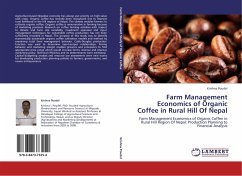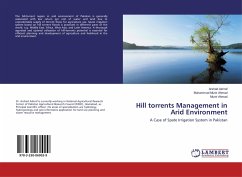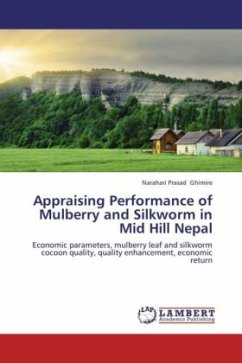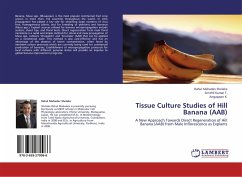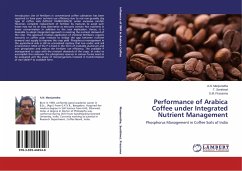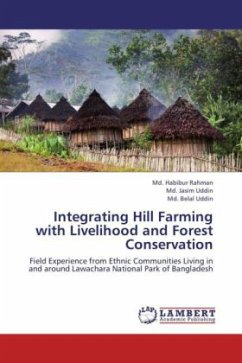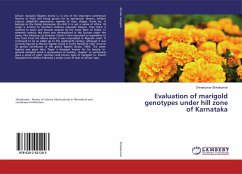Agriculture-based Nepalese economy has always put priority on high-value cash crops. Organic coffee has recently been recognized one to improve rural livelihood in the hill regions of Nepal. The climate enables farmers to cultivate organic coffee. Organic coffee is remunerative in farming because of marketing premium. Research on coffee farming activities with respect to climate and farm size variability, investment appraisal and input management techniques for sustainable coffee production has not been sufficiently recorded in Nepal. The purpose of this study was to identify economically sustainable organic coffee cultivation models and method by examining total farm management behavior. Cobb-Douglas production function was used to determine input-output relationships. Pricing behavior and marketing margin enables growers and processors to find appropriate price range which would increase farm s revenue and improve marketing policy. Technical efficiency and its determinants wereestimated. Capital budgeting analysis and resource use assessments were new works for developing production planning policies to farmers, governments, and novice entrepreneurs.
Bitte wählen Sie Ihr Anliegen aus.
Rechnungen
Retourenschein anfordern
Bestellstatus
Storno

